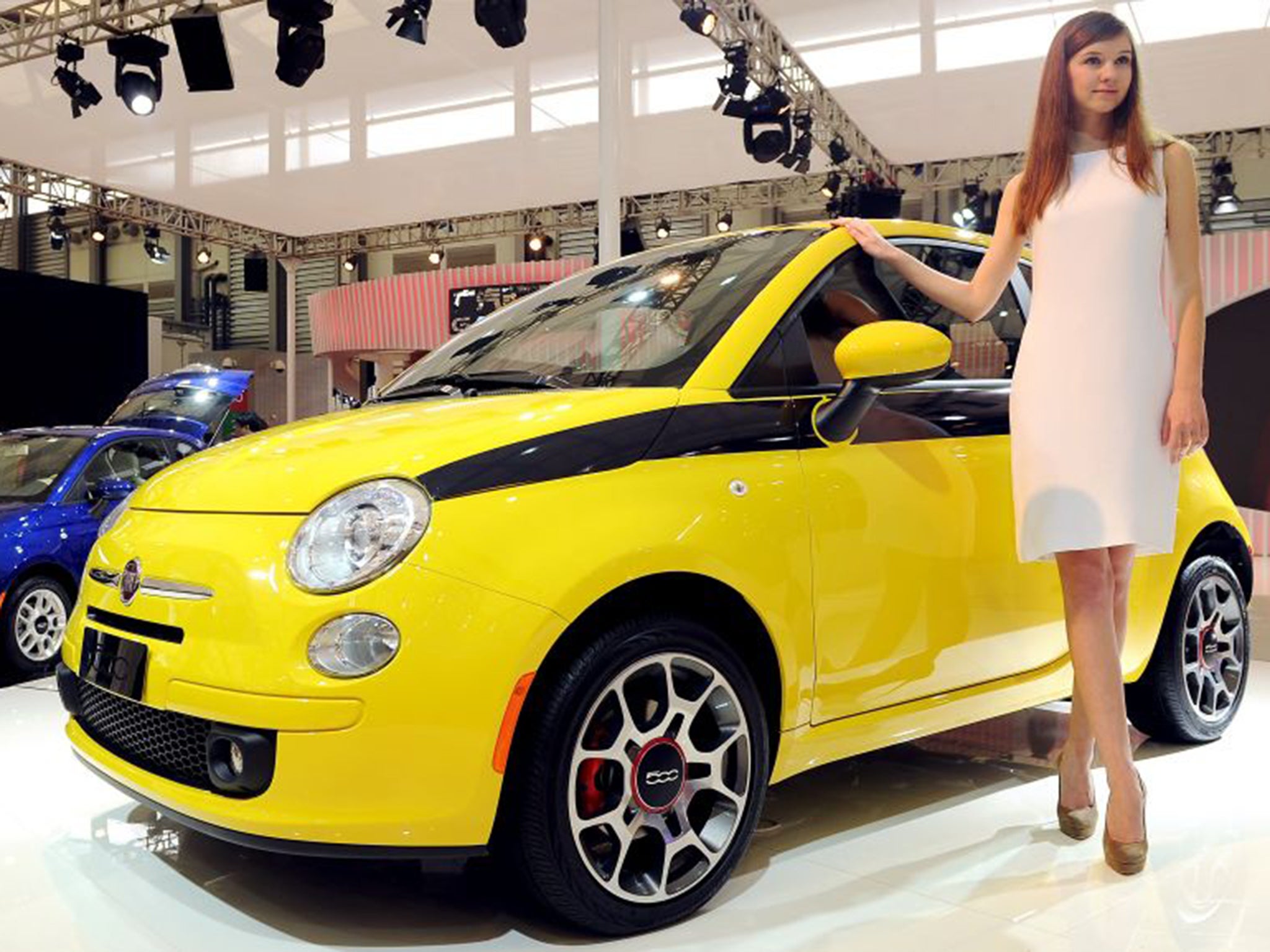EU rulings on Fiat and Starbucks could lead to billions in back taxes
The ruling is not expected to determine the money governments have to claim back

The coffee giant Starbucks and Italian carmaker Fiat are expected to feel the European Commission’s wrath this week over their sweetheart tax deals with Luxembourg and the Netherlands. The decisions are likely to be the first of a series by the commission, covering such companies as Apple and Amazon, who may find themselves paying billions in back taxes.
The commission’s powerful competition services could make their first announcement tomorrow, with Fiat facing around €150m (£110m) in tax repayments and Starbucks around €20m.
With Margrethe Vestager, the EU’s competition commissioner, cancelling a scheduled visit to China citing pressing job-related matters, speculation is rife that the regulator is ready to announce the end of a two-year investigation into the preferential tax treatment from Dutch and Luxembourg authorities.
The commission said earlier this year that Starbucks may have avoided taxes when one of its Dutch units paid millions of euros to a UK-based arm of the company for a technique to roast coffee beans. Starbucks insists it complies “with all relevant rules, laws and OECD guidelines”, and pays a global effective tax rate of around 33 per cent. In Fiat’s case, the commission questioned Luxembourg’s arrangement with one of its units, Fiat Finance & Trade.
Whatever the conclusion, the ruling is not expected to determine the money governments have to claim back. It is more likely to set a formula for national officials to calculate back taxes.
But Fiat and Starbucks are merely hors d’oeuvres for decisions into much larger tax schemes with Apple and Amazon, which could be for billions of euros.
In January, the commission said Amazon’s deal with Luxembourg allowed it to cap its taxable profits at just 0.55 per cent of its European turnover. It said Amazon uses a formula to funnel European profits to its headquarters in Luxembourg. Apple, meanwhile, has warned shareholders that the commission’s investigation could have a “material” impact on its finances if it leads to an order to repay taxes, with some calculations putting it at more than $2.5bn. Earlier this month Michael Noonan, the Irish Finance minister, vowed to challenge any ruling that strikes down the Apple tax scheme. “If it’s adverse, we think it’s based on very thin legal grounds and we’ll have it before the European Court of Justice,” he said.
The decisions have added spice thanks to last year’s so-called LuxLeak revelations that Luxembourg struck tax deals with some 340 companies, helping them slash their global tax bills. With the help of accounting giants PwC, Ernst & Young, Deloitte and KPMG, companies such as Disney, Skype, PepsiCo, General Electric, and McDonald’s were allegedly able to pay less than 1 per cent in taxes.
Ms Vestager’s current boss as commission president is Jean-Claude Juncker, who was Luxembourg’s prime minister and finance minister when the deals were struck. Mr Juncker claims he was not the architect of this tax system, but last month he was summoned before a European Parliament inquiry on tax avoidance to explain his decisions.
Subscribe to Independent Premium to bookmark this article
Want to bookmark your favourite articles and stories to read or reference later? Start your Independent Premium subscription today.

Join our commenting forum
Join thought-provoking conversations, follow other Independent readers and see their replies